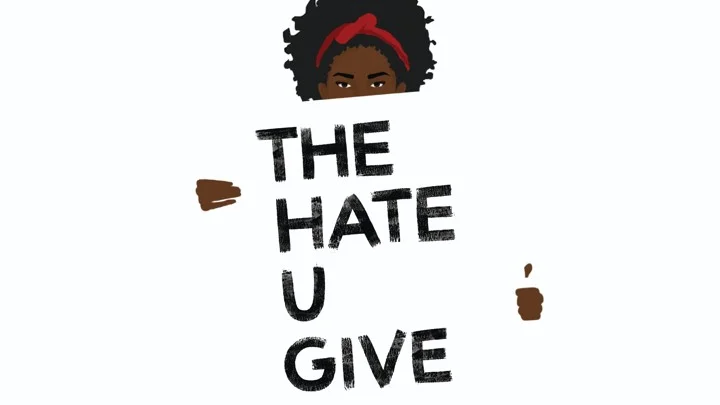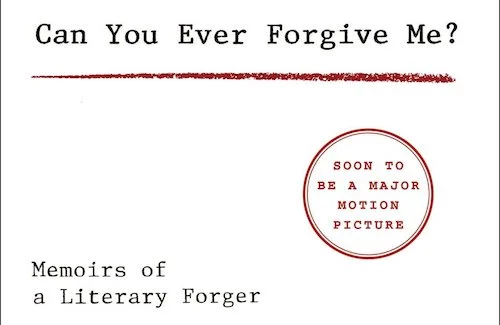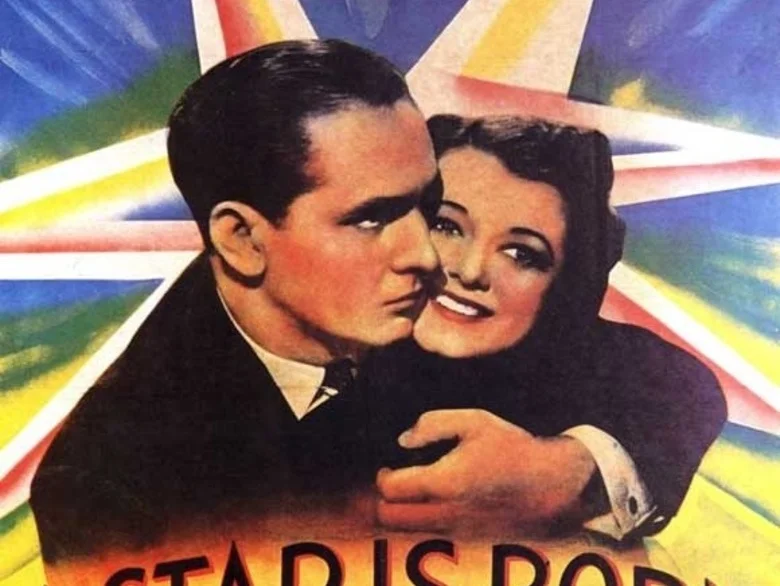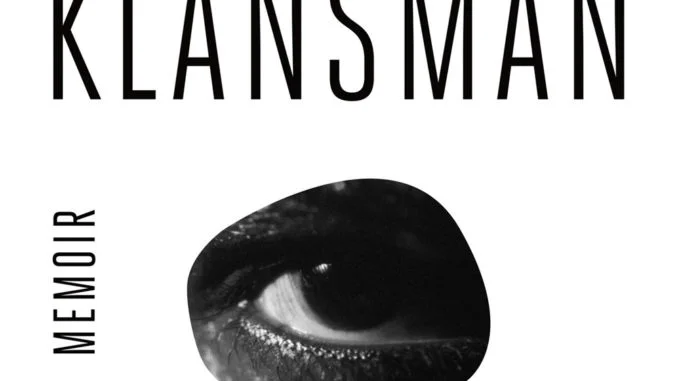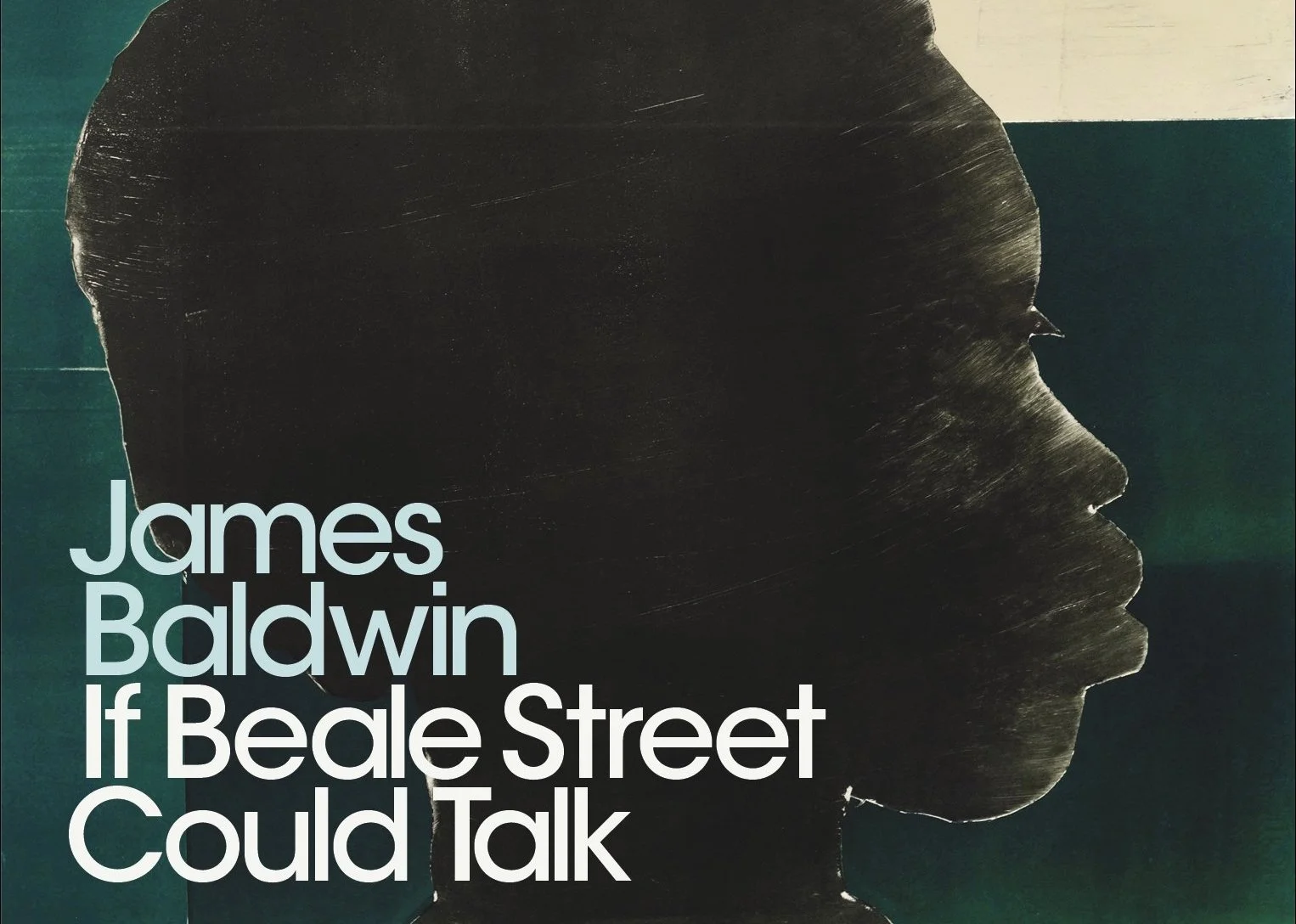Academy Awards Project: Best Adapted Screenplay
There is a definite twist that comes when we evaluate adapted screenplays versus original ones. The idea that these are films based on the original works of others is obvious. How much of our opinion do we base on how faithful the screenplay is to its source material? Do we reward these screenplays for taking different approaches and risks? To make a film replay a source material in a literal sense is to completely misunderstand what a film adaptation can be. This is a replication of a work in a whole new light; why can’t liberties be made? Regardless, like most critiques that can be made to any aspect of cinema (or any medium), context is everything. Some of these screenplays are heavily based on their sources. Some deviate more. It is a pretty solid year for this category, but I definitely think this has been one of the easier categories to rank so far. Here are your nominees for Best Adapted Screenplay, ranked from worst to best.
Biggest Snub: The Hate U Give
I started to suspect that this socially aware high school drama would have at least picked up some steam in this category; the fact that it is missing entirely is a travesty. The Hate U Give could have rested on being a film catered to teenagers and young adults, without much risk. Instead, it was true to the original novel by Angie Thomas. It is ferocious, poignant, and much more complex than you would ever anticipate (its workings of its subplots is really clever). Yeah. This definitely has to be one of the biggest, most inexcusable snubs of the 2019 Academy Awards.
5. The Ballad of Buster Scruggs-Joel Coen & Ethan Coen
Look. I adore the Coen brothers like the next person. The Ballad of Buster Scruggs even made it to my top 25 films of 2018 (it was 25th, but hey, it made it). It is a very interesting anthology that is mixed up of original works by the Coens, plus adaptations of works by Jack London and Stewart Edward White. It is a great film that mimics Western anthology folklore. However, a good part of me feels like this nominee is here because it was a work by the Coen brothers. The unifying theme of death in all of these stories makes this nominee seem somewhat worth it; otherwise, it is far too within its own realm (and that of Coen brother aficionados, like me) to really be one of the worthier candidates. Just being honest.
4. Can You Ever Forgive Me?-Nicole Holofcener and Jeff Whitty
Using the candid recounts of the infamous author-turned-forger Lee Israel makes this cinematic adaptation all the more worth it. You see her day-to-day struggles, and get why she dipped into the darkness. You can almost feel Israel’s sneer off of the pages you aren’t seeing during the film; each and every character (especially Israel herself) seems perfectly described enough to replicate on film. Now this is a visual memoir.
3. A Star is Born-Eric Roth and Bradley Cooper & Will Fetters
This gets extra kudos considering that this story has been told to death (I only discovered there was even a recent Bollywood remake of this story, so there are officially five versions I am aware of), and yet this version still is relevant. The modern turn to make the recent conversation of artist vs. star is essential, and all three writers nailed that discussion. Look, many things made A Star is Born good, but I honestly thing it is the screenplay that made it relevant enough to even make this recent take worth it. This is an essential nomination.
2. BlacKkKlansman-Charlie Wachtel & David Rabinowitz and Kevin Willmott & Spike Lee
Of course there are a couple of liberties taken by Lee on this one (including the changing of the time period so BlacKkKlansman could match the blaxploitation films Lee adores), so the hand of the artist can be felt all over this. As an adaptation of an unbelievable true story, BlacKkKlansman relies on the facts (outside of one or two moments) to do the work. All four writers spend their time coming up with memorable arguments and the sharpest lines of 2018. BlacKkKlansman is a great example of how an adaptation can carry so many facets, including being faithful-yet-reimagined.
1. If Beatle Street Could Talk-Barry Jenkins
Yeah, this seemed very obvious to me. This is an instance where just picking the source material matters as well. James Baldwin’s description of ‘70s America is, sadly, still relevant in the new millennium. Jenkins taking this story with a personal approach (he wrote this screenplay while working simultaneously on Moonlight) elevates it to a whole new level. It is extremely literary, but it is also poetic. The narration plays less like a story being told, and more like the thoughts of a racing mind. The leaps between the past and the present makes If Beale Street Could Talk a test to try and find out where it all went wrong; where could we have made a difference to change the outcome? This adaptation is clever, respectful, creative, and powerful, which makes it the best adapted screenplay of the year.
Our Predicted Winner: Seeing that If Beale Street Could Talk is not up for Best Picture, and likely won’t rank up awards outside of Best Supporting Actress, and that BlacKkKlansman can potentially be shut out of winning any awards (sadly), this one might go to A Star is Born, which has many nominations, but won’t pull out much outside of Best Original Song in terms of major awards (at this point in time). The win might be a curtosey for everything being considered. However, BlacKkKlansman may experience its only win here, too.
Our Academy Awards Project is an ongoing series that will continue until all the categories have been ranked and reviewed. Tune in Monday to Saturday for a new category each day.
Andreas Babiolakis has a Masters degree in Film and Photography Preservation and Collections management from Ryerson University, as well as a Bachelors degree in Cinema Studies from York University. His favourite times of year are the Criterion Collection flash sales and the annual Toronto International Film Festival.


